 Alumni Engagement extends a warm welcome to the new members of the Alumni Board of Directors who begin their six-year terms July 1, 2018. This group of volunteers was elected from around the country to support the mission of “Celebrating Traditions. Creating Connections.”
Alumni Engagement extends a warm welcome to the new members of the Alumni Board of Directors who begin their six-year terms July 1, 2018. This group of volunteers was elected from around the country to support the mission of “Celebrating Traditions. Creating Connections.”
The Board works with the Alumni Engagement team to develop and support programs for students and alumni.
There are eight new members, five of whom are engineers.
- Britta Anderson ’15 Electrical Engineering, Kalamazoo, Michigan
- Timothy Hartwig ’97 Environmental Engineering, Centennial, Colorado
- Jackie Jiran ’96 Civil Engineering, Carver, Minnesota
- Scott McBain ’86 Civil Engineering, Rochester Hills, Michigan
- Elizabeth Merz ’17 Chemical Engineering, Hudsonville, Michigan
- Adam Mitteer ’03 ‘17 Data Science Business Administration, Tampa, Florida
- Hannah (Bosseler) North ’16 App. Cognitive Sciences & Human Factors, Two Rivers, Wisconsin
- Andrew VanDyke ’11 Forestry, Marquette
The Board will meet on campus August 2-3 during Alumni Reunion.





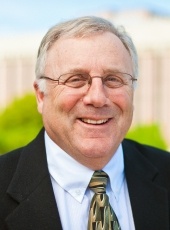


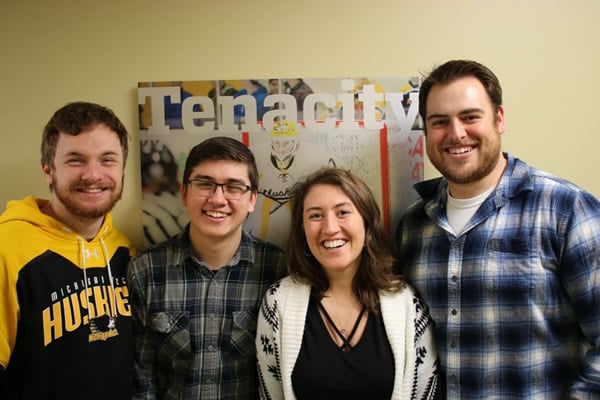
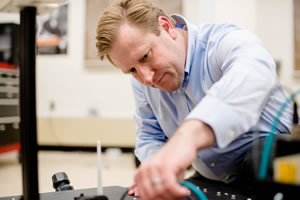 The Vice President for Research Office announced the 2018 Research Excellence Fund (REF) awards and thanked the volunteer review committees, as well as the deans and department chairs, for their time spent on this important internal research award process. The awardees in the College of Engineering are listed below:
The Vice President for Research Office announced the 2018 Research Excellence Fund (REF) awards and thanked the volunteer review committees, as well as the deans and department chairs, for their time spent on this important internal research award process. The awardees in the College of Engineering are listed below: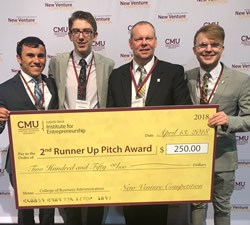
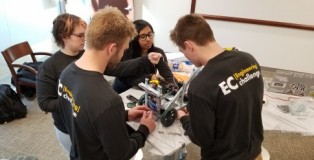 A team of
A team of 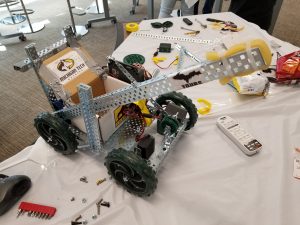
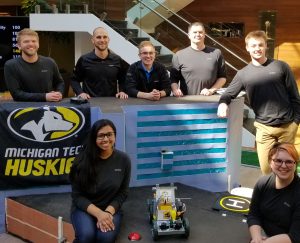
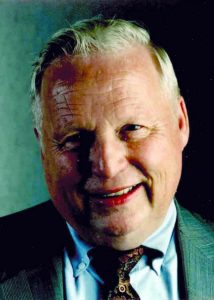
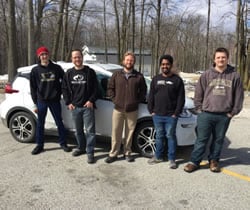
 Research by Electrical Engineering alumnus Ram Krishnan ‘16 and Joshua Pearce (MSE/ECE) on converting tobacco farms to solar photovoltaic farms was covered widely in the media including;
Research by Electrical Engineering alumnus Ram Krishnan ‘16 and Joshua Pearce (MSE/ECE) on converting tobacco farms to solar photovoltaic farms was covered widely in the media including;